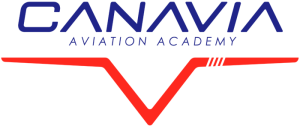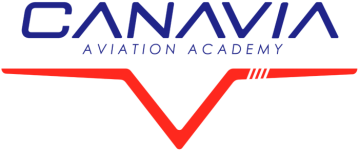The MCC (Multi Crew Cooperation) course is focused on providing the necessary training to fly aircraft with crews composed of more than one pilot, where important aspects such as cockpit coordination, decision making or task distribution must be taken into account.
It is an essential course for those pilots who wish to apply to many of today's major airlines.

Entry requirements
To be eligible for the MCC courses, the student must hold a valid Private Pilot Licence (PPL) or Commercial Pilot Licence (CPL).
MCC COURSE

Theoretical training module
The theoretical part of the MCC course consists of 25 training hours, in which the following concepts will be studied:
- Interfaces
- Leadership and authority
- Personality, attitude and motivation
- Communications
- Crew coordination procedures
- Mutual supervision
- Information and assistance
- Systems and performance
Flight training
After the theoretical course, our pilots will carry out 20 flight hours of practical training in a FSS Boeing 737 CL or Airbus A320 simulator.
In addition, the course includes real training in multi-pilot operation (MCC), in multi-engine aircraft and under IFR flight conditions.
Our main objective is to ensure that all our students achieve a safe and successful training.
APS MCC COURSE

The APS MCC course (Multi Crew Co-Operation - Airline Pilots Standards), is an optimised MCC training course that has been developed by EASA in collaboration with the main airlines and training centres, to ensure a standard in the instruction of future commercial pilots.
The new European regulations, with the aim of integrating, extending and improving the JOC in an official way, have recently approved the APS MCC courses, which will be the standard required by the main airlines in the world.
BENEFITS OF THE APS MCC
- Simulator time is doubled to 40 hours total.
- Highest standards in an MCC.
- Adaptation to the new EASA regulations for airlines.
Prices
€3,200
MCC Course (20 flight hours)
€4,900
APS MCC Course (40 flight hours)

